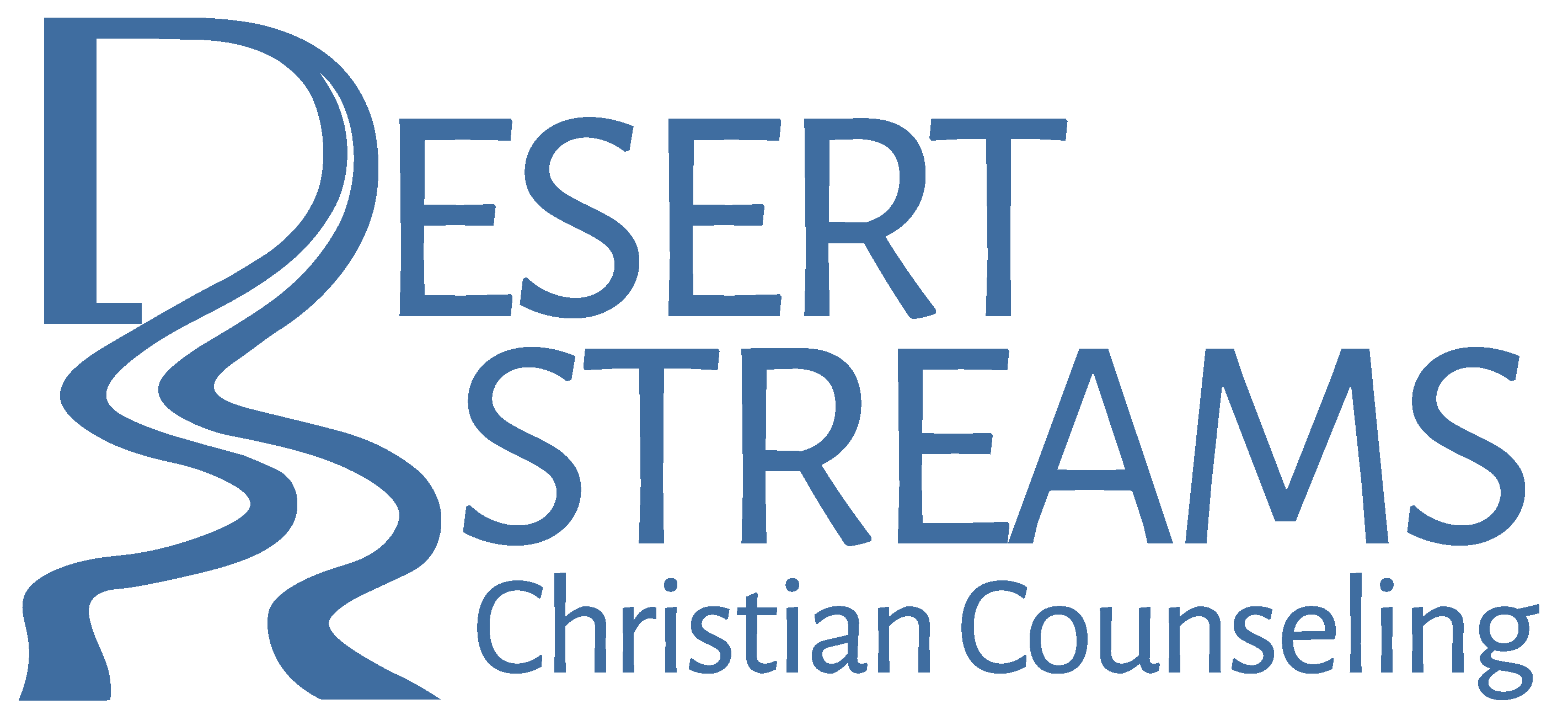I recently heard a story about an 11 year old girl whose mother took her to see a psychiatrist. The girl was experiencing severe anxiety and needed some help. After asking some standard questions, along with specific questions about what was worrying her, the psychiatrist ended the session with this statement, “Well, try not to worry about your worries.”
A college aged woman decided to try counseling to help with her symptoms of anxiety and depression. During her first session, the therapist asked her if she was dating anyone, and upon finding out the answer was no, suggested that she try gastric bypass surgery to lose some weight. The woman never went back to that therapist.
While the lack of tact and helpfulness in these two different situations might sound extreme, it does highlight the tendency for all of us (and, yes, even professionals) to miss the mark on meeting another’s needs to truly be heard and understood.
Think about your own life. What was helpful when you experienced a season of struggle, a crisis point, or had to make some major decisions? When you shared your situation with a friend, mentor, or confidant, how did they respond? Was it with compassion and an invitation to share more details so they could understand your thoughts and feelings about what was going on? Did they try to step into your shoes and see the situation from your vantage point? Or, did they immediately ask for the facts, offer ill-timed advice, or worse, throw out an overly used platitude or harsh opinion that shut down any dialogue that was about to happen?
People often come to see me because they are experiencing problems. They don’t come when they are happy, when things are going their way, when everything is “sunshine and roses.” They come because they are struggling or suffering in some capacity. It can be an outward struggle that is obvious to others, or an inward struggle that stays hidden. Regardless, they come, usually with hesitancy, seeking help or some kind of a solution.
It is true that oftentimes what helps in the midst of the struggle is focusing on a few basic things:
- Cognitions (changing negative self-talk to more positive or truth-based thoughts),
- Setting boundaries (being realistic about expectations of oneself, or expectations from others, and establishing healthy limits),
- Getting honest about one’s true feelings and learning to express them in healthy ways (rather than “stuff” them, deny them, or on the flip side, be consumed by them),
- Becoming intentional about being a part of a community; connecting with “safe” people who are emotionally available (safe people are those who don’t discount feelings, give unsolicited advice, try to “fix” everything, and are people who communicate sincere acceptance and unconditional love, who can also own up to and apologize for their mistakes).
While these “prescriptions” sound easy enough, they are often difficult to practice and maintain. Most of us are prone to negative thinking, people pleasing, trying to “do it all” and overextending ourselves, acting like we have it all together, ignoring or denying our more vulnerable feelings and only expressing the happy or positive ones, and on top of all that, we are going to do it all on our own, thank you very much!
So what does this have to do with “feeling felt”?
“Feeling felt” is a term that is used by Curt Thompson, MD, a Christian psychiatrist in private practice in Falls Church, Virginia. He uses this term in his book, “Anatomy of the Soul” (which is one of my favorite books, by the way!). Thompson’s book integrates new findings in neuroscience and attachment with Christian spirituality. It is written in a very readable format using laymen’s terms & engaging stories.
“Feeling felt” is a key ingredient to any meaningful relationship and also to achieving lasting change. To “feel felt” requires an interaction where one person empathically listens and responds to another person, so that the speaker has the experience of “feeling felt by another.” This is what has the most potential to set the stage for true transformation.
If I am able to offer all the “right” prescriptions or action steps, but I do not offer a client an experience of “feeling felt”, how helpful are the action steps going to be? They may be helpful to a point, but they most likely will not be internalized by the client in the long term, or able to bring lasting change.
All relationship is about connection. It’s about caring for the emotional, mental, and spiritual well-being of another, and being able to communicate that care effectively. Empathic listening means I am able to step into another person’s world and show empathy for what they are going through, and in that space communicating at a visceral level that they are not alone in this moment. It’s communicating verbally and nonverbally that their story is sacred, that they are a unique and special human being, deserving of love and undivided attention. All of my great advice, my best treatment plans, and my well-intentioned homework assignments will not impact a person’s life, unless offered in the context of a meaningful connection where that person “feels felt” by me.
Have you ever had the experience of “feeling felt” by anyone? How did it enrich and enhance your life? If you haven’t had that experience, what is getting in the way? Are you working hard at doing the “right things” and making the “right choices”, but only feeling stuck or stagnant on the inside? Do you feel isolated and alone in your journey, missing a sense of meaningful connection with others? If that describes you, consider delving deeper into your story with someone who is an empathic & trustworthy listener, someone who can offer a meaningful relationship connection, and who can give you the gift of “feeling felt.”







